Horse and Livestock Property Land Management
Our county has one of the largest horse populations in Oregon.
People in Clackamas County love their horses!
Many residents also raise cattle, sheep, pigs, goats, chickens, and other farm animals. If you have livestock on your property, you probably imagined a beautiful, green pasture with happy, healthy animals enjoying the sunshine. Instead, you might be dealing with a muddy, weedy pasture, animals standing in deep mud, and a big pile of manure. If that sounds like your farm, do not worry—you are in the right place!
We provide information to help you reach your farming goals. Whether you are new to managing land, an expert at handling manure, pastures, mud, and water, or somewhere in between, we have helpful resources for you. Check out our library of documents and videos below. Also, follow our Facebook page to stay updated on events and activities at the Clackamas Soil and Water Conservation District.



Let us help you with your Pasture, Mud, and Manure Management
Livestock produces a lot of manure, which needs to be handled properly to prevent bad smells, pollution, and health problems for animals. When managed correctly, manure can be a great resource! If it is composted and spread at the right time, it can help crops and pastures grow by adding nutrients to the soil. Spreading manure when plants are actively growing helps feed the soil organisms and improve plant health but be careful! If too much is applied or spread at the wrong time, it can cause pollution by washing into rivers and streams. We can help you figure out how to balance manure use so it benefits your land while protecting the streams and wells. Healthy pastures provide good food for horses and livestock and are better than muddy pastures where diseases and parasites can spread.
Western Oregon gets a lot of rain in the wet season, and our local soil is often sticky and can become compacted when walked or driven on. Also, grass grows very slowly in the winter, so it cannot take in extra nutrients. If the soil gets compacted, rainwater cannot soak in, leading to more runoff and erosion. Protect your pastures by using sacrifice areas for animals in the winter. Learn more about sacrifice areas in our resource section below.
Manure piles from barns should be covered before the fall rain arrives. Leaving manure piles uncovered during the rainy season can cause nutrients and bacteria to soak down into the groundwater or run off into rivers and streams. This contaminates water for us and wildlife.
The best way to manage manure depends on the type of animals you have and how you manage them. Learn more about managing manure in our resources section. You will find tips on collecting, storing, spreading, and composting manure. With the right management, you can keep your farm healthy for animals and the environment!
Our Conservation Specialists are here to help!
They offer free advice and support if you have questions or need help tackling your land management issues.
Equipment Rental Program
The Clackamas Soil and Water Conservation District offers an Equipment Rental Program that helps people rent farm equipment. This program was created to give farmers access to conservation-focused equipment that can be hard to find, not offered by other rental places, or too expensive to buy if they are only used once or twice a year.
Did you know?
The Oregon Department of Agriculture (ODA) makes plans and enforces rules to stop water pollution from manure runoff. ODA also works with farmers and ranchers to make sure they follow water quality standards and do their part to reduce pollution in rivers and streams. These pollution limits, called Total Maximum Daily Loads (TMDLs), are set by the Department of Environmental Quality (DEQ)to keep water clean and safe. Find out more from the Oregon Department of Agriculture website.
Horse & Livestock News

September 12, 2025• Horse & Livestock, Rural living, Soil health, Working lands, Workshops, education & events
Fall Mud, Manure, and Pasture Management Workshop
Horse & Livestock Resources
| Title | Categories | Link | hf:doc_categories |
|---|
“
Farming isn’t for everyone, but hay, it’s in my jeans.
—Anonymous





